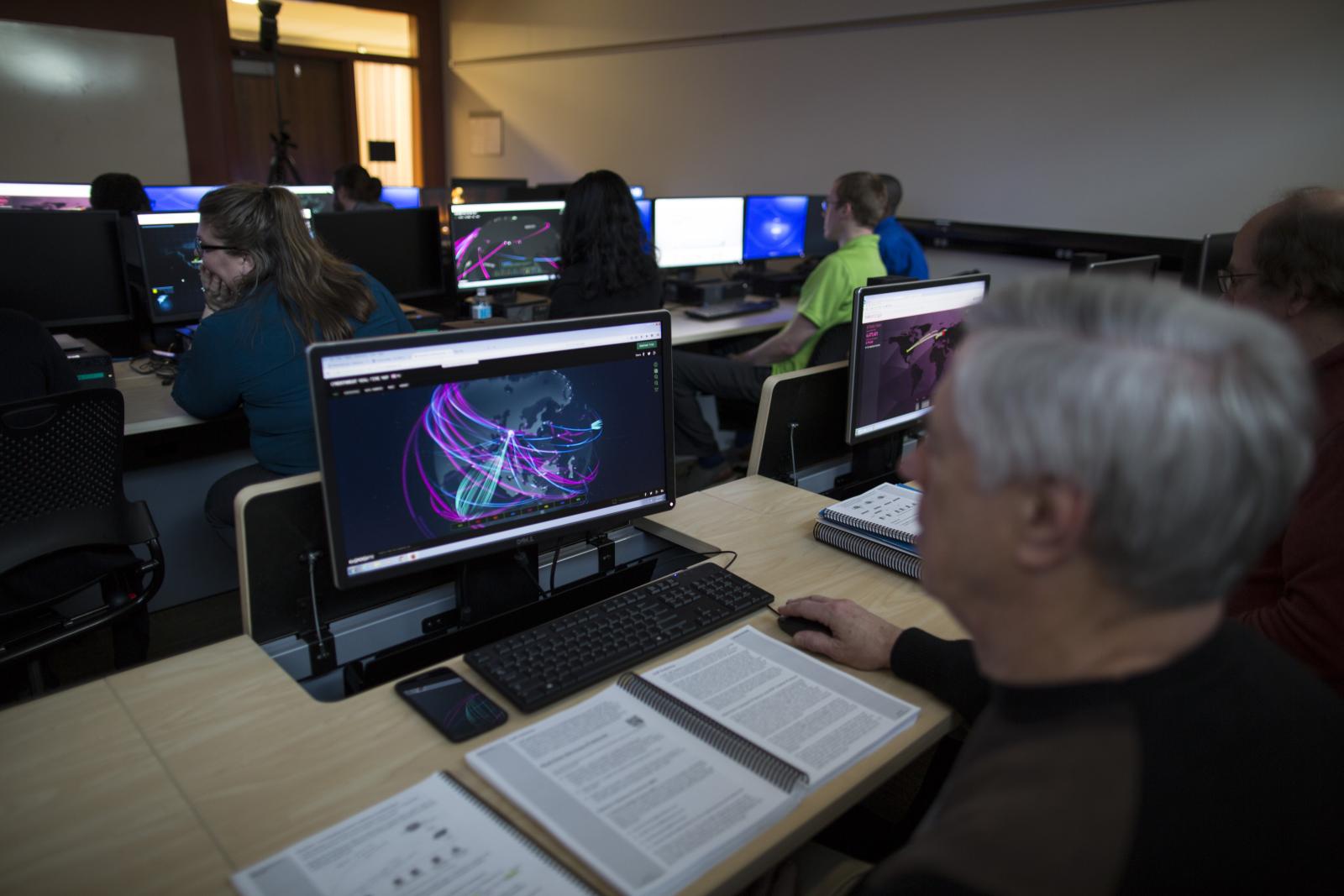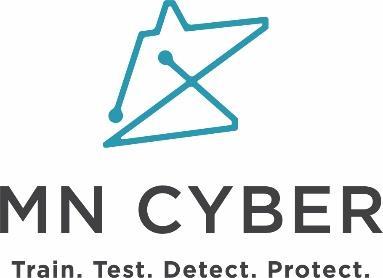Program eligibility requirements
Admission to the Combined Cyber Operations Program (BS + MS) is based on a holistic review of each applicant’s academic background, relevant experience in computing or cybersecurity, and letters of recommendation. The Graduate Program Director oversees all admission decisions and evaluates the equivalency of any transferred coursework.
There are two applications for the BS + MS Cybersecurity Operations program. Please see the application process below.
If you are new to Metro, you must first apply to the undergraduate Cybersecurity BS program. This is done through the MinnState application.
Apply to Metro State: Learn about the steps to enroll or, if you have questions about what Metro State can offer you, request information, visit campus or chat with an admissions counselor.
If you are a current undergraduate Cybersecurity BS student and have met the below minimum requirements, please apply to the Cyber Operations MS program through GradCAS.
Minimum Eligibility Requirements
Meeting the minimum requirements does not guarantee admission, as space is limited and selection is competitive. To be considered, applicants must be a current admitted undergrad student at Metro State:
- Have successfully completed or transfer equivalents of all 24-credits of the pre-major foundation courses with a grade of C- or higher and a minimum GPA of 2.5 for ICS 265 and MATH 215.
- Pre-major foundation course list: CFS 262, CFS 264, ICS 140, ICS 265, MATH 215, STAT 201
- Declared major in Cybersecurity BS and possess a minimum cumulative GPA of 3.0 at the end of their junior year and maintain through completion of bachelors degree.
- Have completed (or be in progress to complete) 90 or more credits applicable toward the bachelor’s degree
Application instructions
Metro State University is participating in the common application for graduate programs (GradCAS). Applications are only accepted via the CAS website.
Please note that Cyber Operations (MS) applications are only accepted Fall semesters. Deadlines are noted below and within the CAS application.
CAS steps
- Select the term for which you are seeking admission (below), and navigate to the CAS website. Open applications include:
- Create or log in to your account and select the Cyber Operations (MS) program.
- Carefully review all instructions and complete all four sections of the application.
Specific application requirements for individual programs can be found on each program page in CAS. Carefully read the instructions that appear throughout the application pages. You can only submit your application once. If you need to update information you have submitted, please notify graduate.studies@metrostate.edu
Application fee
A nonrefundable $38 fee is required for each application.
Applications will not be processed until this fee is received.
Active-duty military, veterans, and Metro State alumni can receive an application fee waiver. Contact graduate.studies@metrostate.edu.
Final Admission to the Graduate Program
Official acceptance into the Master of Science in Cyber Operations program is contingent upon successful completion of the bachelor’s degree with a minimum cumulative GPA of 3.0. Students who do not meet this requirement upon graduation will not be formally admitted into the graduate portion of the combined program.
Questions?
- For application-related inquiries, email: graduate.studies@metrostate.edu (preferred) or call 651-793-1302
- For program-specific questions, contact: mscyops@metrostate.edu
- For currently enrolled or prospective international students, International Student Services graduate student admissions.




